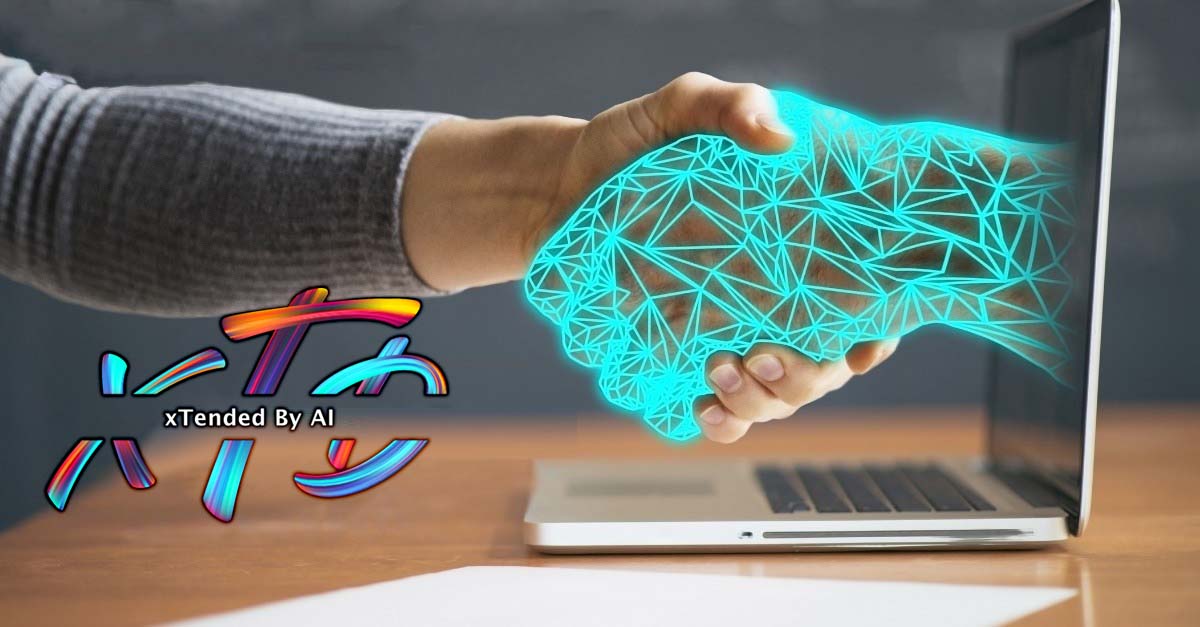
Step into the realm of Artificial Intelligence, where the future hangs in a delicate balance between innovation and apprehension. Brace yourself as we explore the captivating arguments for and against the potential threat of AI, and discover how proper regulation can tip the scales in humanity’s favor.
The rise of artificial intelligence (AI) has ignited a passionate debate among experts, leaving the world divided between those who view it as a harbinger of positive change and those who perceive it as a potential threat to humanity’s very existence. In this gripping exploration, we delve into the compelling arguments on both sides, unraveling the enigmatic nature of AI.
On one side of the spectrum, a group of industry leaders has sounded the alarm, raising concerns that AI technology might one day pose an existential threat on a scale comparable to pandemics and nuclear wars. These worrisome warnings emphasize the urgency of treating AI as a societal risk that demands immediate attention.
Doctors and public health experts have also joined the chorus, cautioning that unregulated AI could jeopardize the health of millions, making it an impending existential threat. They advocate for a pause in the development of artificial general intelligence until robust regulations are in place to safeguard humanity’s well-being.
Yet, the opposing camp contends that AI is advancing at such an astonishing pace that it has already surpassed human capabilities in some areas, while rapidly approaching human intelligence in others. This astounding progress has spurred fears of the creation of “artificial general intelligence” (A.G.I.), capable of matching or even surpassing human intellect. The race to achieve this milestone raises questions about AI’s potential impact on human autonomy, agency, and capabilities.
At the heart of the debate lies the question of whether AI will act as a benevolent ally, amplifying human effectiveness and enhancing our lives, or as an unpredictable adversary, threatening to usurp our autonomy and potential. Striking a balance between these two scenarios requires thoughtful regulation and management of AI’s development.
Thankfully, proponents of a brighter AI future offer hope by asserting that the risks associated with AI can be mitigated through responsible regulation and oversight. By addressing issues like AI errors causing harm to patients, data privacy and security concerns, and the exacerbation of social and health inequalities, we can pave the way for a safer and more beneficial AI landscape.
In conclusion, the rise of AI sparks a dual narrative, revealing its potential as both a force for good and a cause for concern. The road to harnessing its power responsibly lies in our collective ability to foster proper regulation and management. As we tread this uncharted territory, let us embrace the promise of AI’s positive impact while safeguarding humanity’s interests for a future that is truly enlightened.
